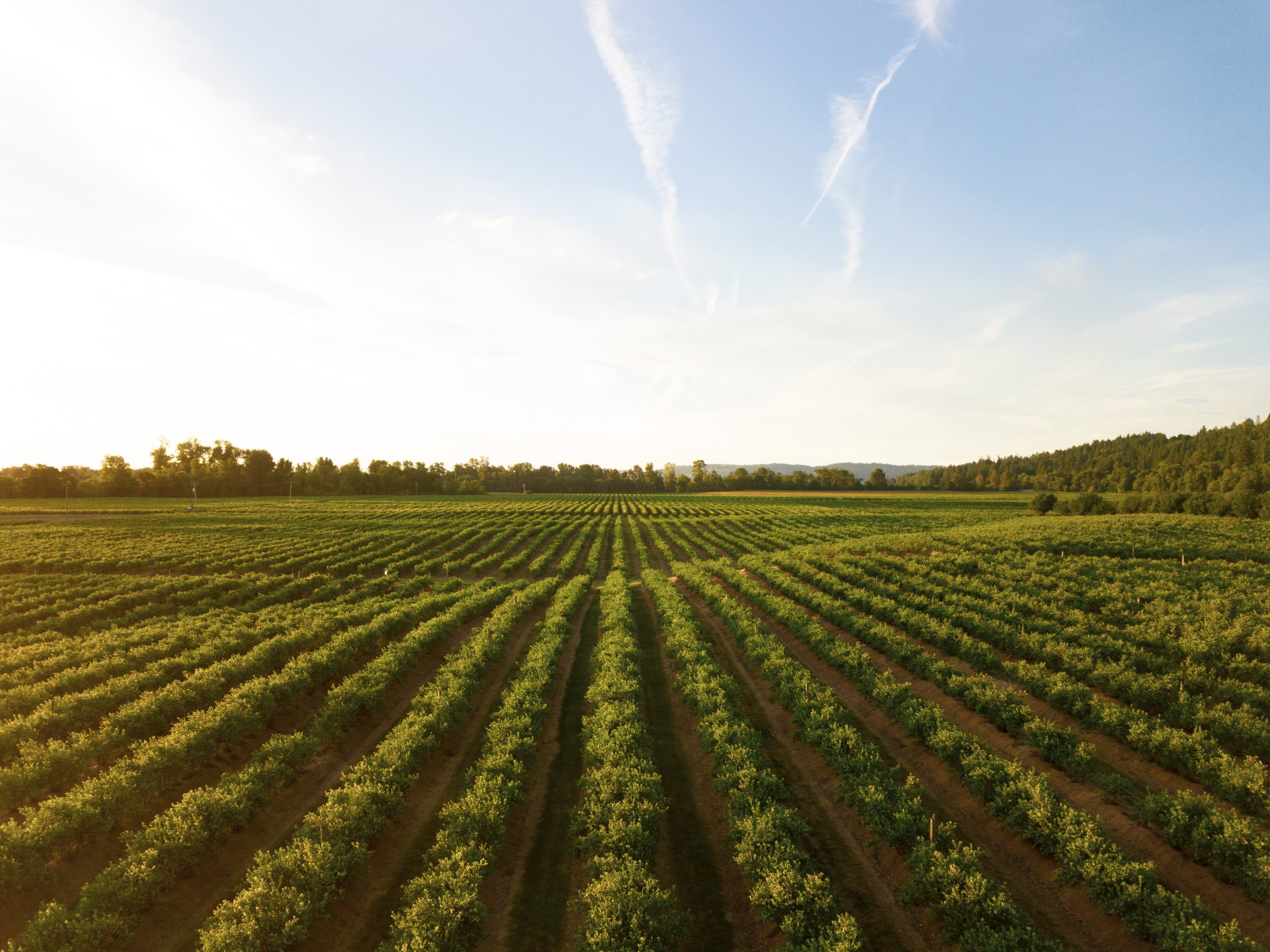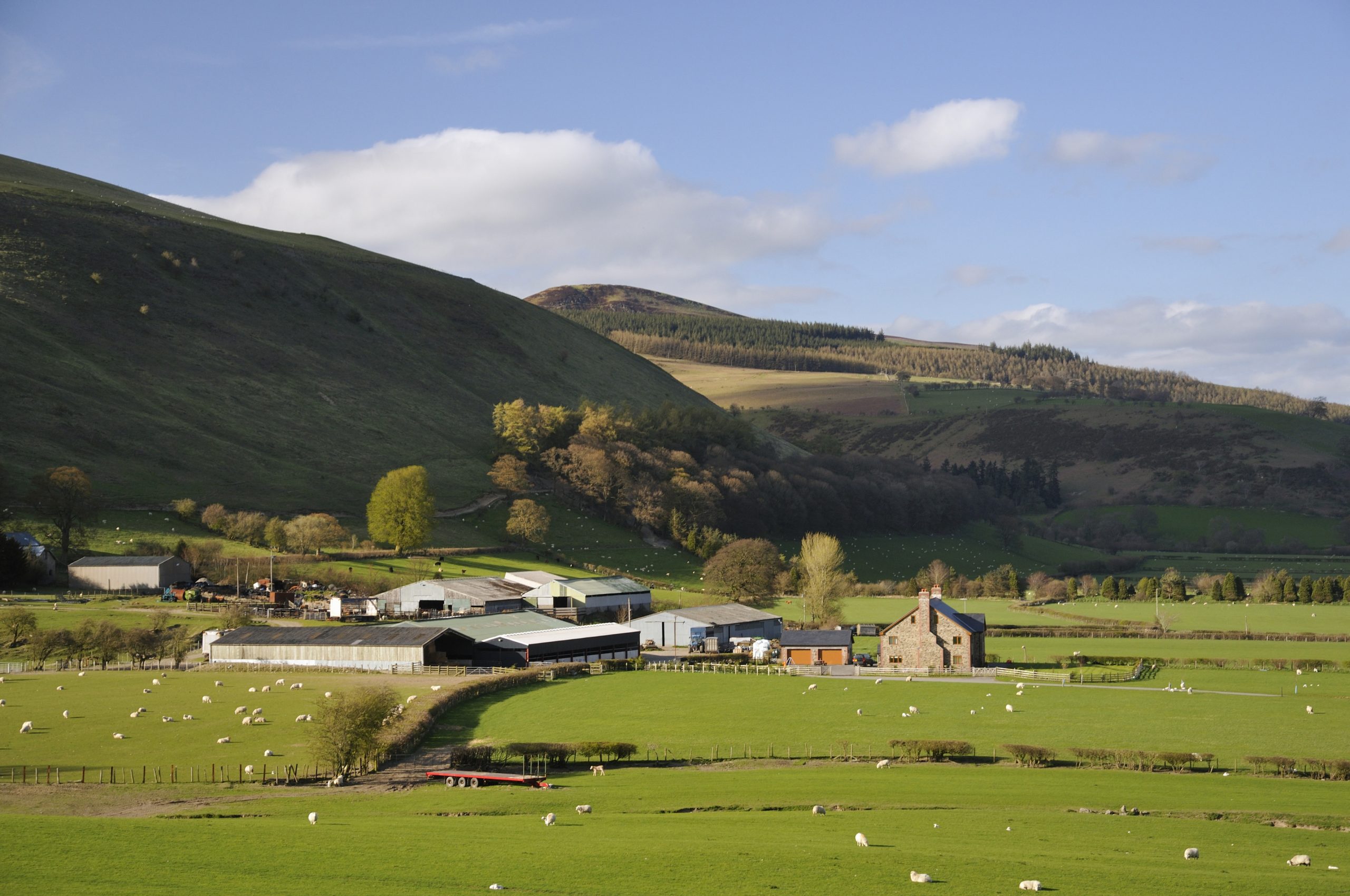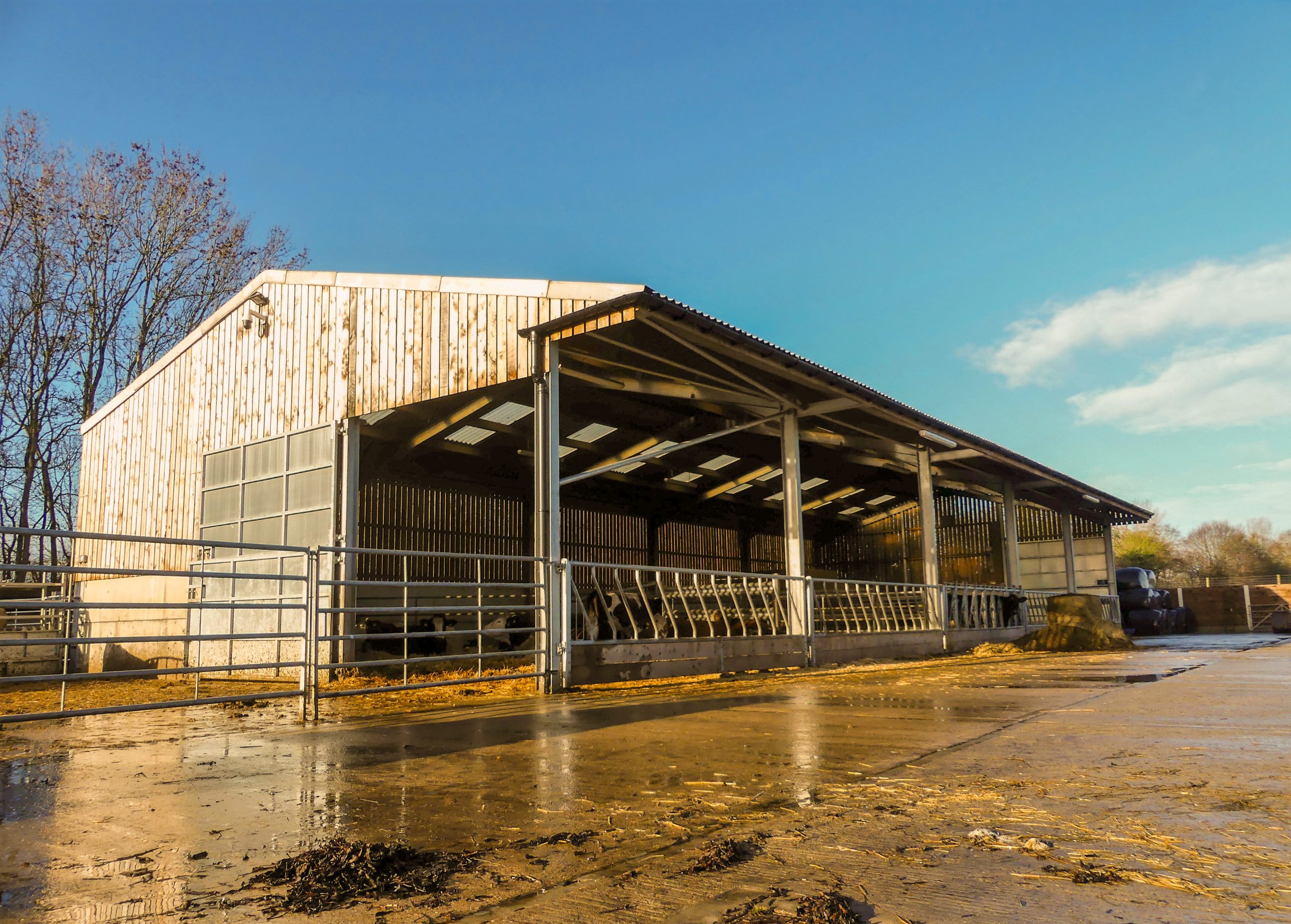Publication
How can data linking help to strengthen farmers across the UK? A public health perspective

In the latest in the AD|ARC blog series, Alisha Davies from Public Health Wales discusses the importance of linked administrative data for improving the lives of farmers and farming communities across the UK.
Agriculture shapes our natural environment and contributes to the local and national economy, food security and health. As we look to current challenges, such as Covid-19, Brexit and climate change, there is a need to ensure a sustainable farming sector is at the forefront of agricultural policy across the UK (England, Scotland, Wales and Northern Ireland).
In Supporting farming communities at times of uncertainty, a research initiative put forward by Public Health Wales (PHW) last year, we heard from farmers and those supporting them about how farming families and rural communities have, for generations, responded to challenges and hardship by drawing on their own considerable strengths. However, often the links between health and work/employment are not recognised or prioritised, even though they go hand in hand. We know that health is affected by underlying social determinants including employment security, housing and income, and vice versa.
Strengthening our understanding of the impact of these challenges upon farmer’s livelihoods, health and wellbeing, and that of their families, is essential to better identifying needs and developing and targeting effective support. At PHW we need to be able to understand the impact of actions on health outcomes, and whether there are differences in impact between different types of farming households.
Why is data linkage helpful?
Often, the data needed to answer these questions is already collected through different surveys, including:
-National census and population surveys: information on demographics, social and economic factors across the UK.
-Agricultural census, or ‘June Survey’: information on crop areas, livestock numbers and farm labour in England, Wales, Scotland and Northern Ireland.
–Rural businesses: information on rural payments and grants across the UK.
-Routinely collected healthcare data, for example in Wales, Scotland, England and Northern Ireland.
But each data source only provides one part of the overall picture needed to inform effective policies, and there is therefore a need to bring these different datasets together to build a comprehensive understanding, without compromising data privacy. Our interest in PHW lies in linking data on the health and wellbeing of farmers, farming households and rural communities with data on farming businesses.
PHW’s leading role in establishing the ADR UK-funded AD|ARC (Administrative Data | Agricultural Research Collection) programme – a collaboration between UK academics and Government researchers to establish a linked data research collection – seeks to do just that. It will enable us to establish a research and monitoring programme to examine the impact of specific policy changes on health outcomes and farm businesses. This will address questions such as:
-What is the relationship between farm household incomes and the health and mental wellbeing of farmers, families and rural communities?
-Will new farming policies have a disproportionate impact on health outcomes of specific sections of the farming community?
Do farmers have a say?
The views of farmers and those who work and support the farming sector have already helped to shape the AD|ARC programme through the PHW report, Supporting farming communities at times of uncertainty, which contributed to the development of the programme.
Farmers and Farming organisations from the across the UK’s four nations will contribute to the project through stakeholder reference groups. As a farmer’s daughter from Northern Ireland, I, along with our farming colleagues, will be holding the programme to account to ensure this research collection delivers benefits for the UK Farming community.
What next?
This innovative project (funded to March 2022) will deliver the first UK-wide, anonymised data platform focused on agriculture, generating new evidence to support policy development, implementation and evaluation. Using the anonymised data generated by farmers themselves, the collection will strengthen the health, resilience and prosperity of farming communities for generations to come.




